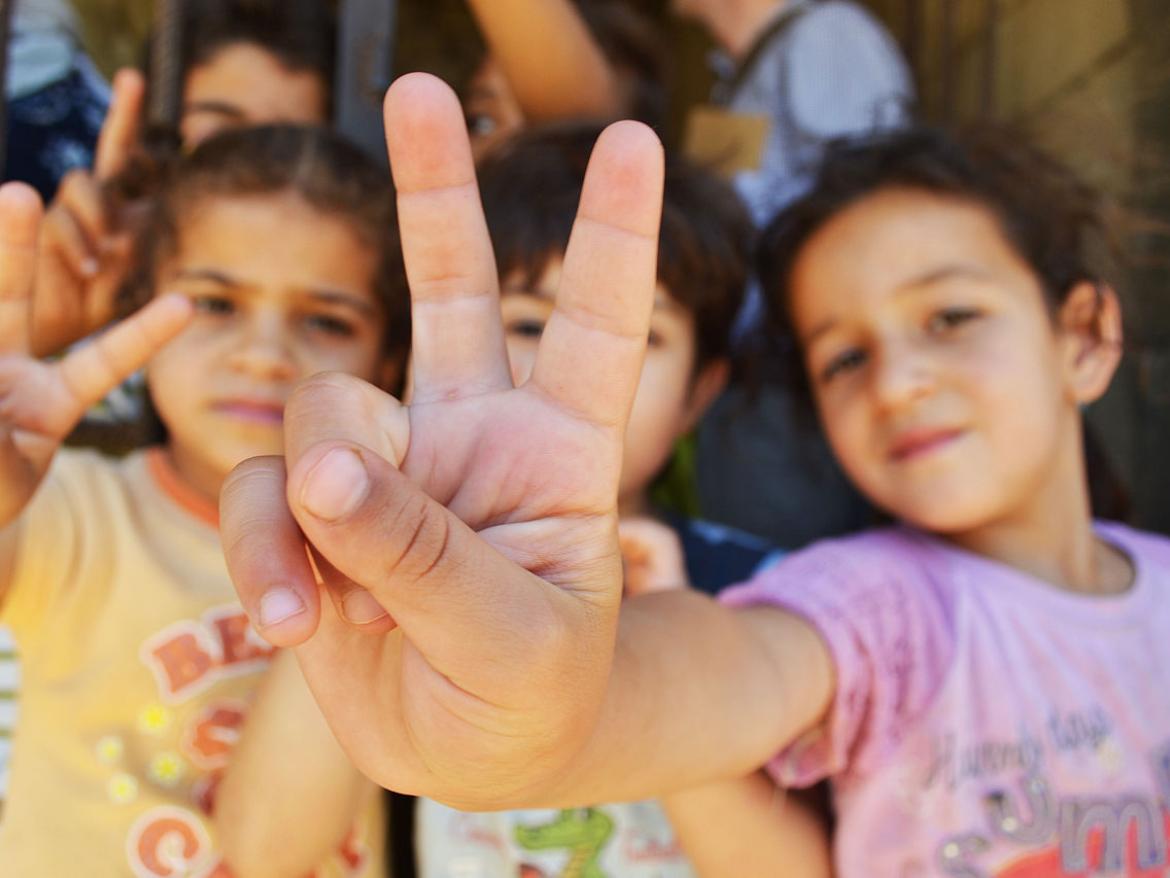From the outside, an outbreak of violence can seem spontaneous. However, even when a community seems relatively calm, the seeds of conflict can take root.
Where there is extreme inequality, oppression, marginalization, corruption, or resource scarcity, there is potential for conflict and violence.
Too often, these roots of conflict are not addressed until it is too late. Policymakers only pay attention after violence breaks out, often focusing on mitigating the damage and minimizing casualties. Following ceasefires and elite-driven peace processes, the seeds of violence often remain, dormant, waiting to grow again.
Peacebuilding is the critical tool in addressing the seeds of conflict and breaking cycles of violence at the local level. Peacebuilding is a long-term, often generational process that addresses the underlying causes of violent conflict by resolving injustices in nonviolent ways. It works to transform cultures and institutions that generate violent conflict, such as oppression, marginalization, gender inequality, and corruption, to enable sustainable peace to take root.
We are working to convince the U.S. government to put peacebuilding and violence prevention at the center of its foreign policy.
Quakers are called to “seek peace and pursue it” (Psalm 34:14) and we understand that peace can be achieved only by peaceful means. We refuse to accept that these cycles of violence are inevitable. FCNL is working to persuade the U.S. government to move from conflict response to conflict prevention.
We encourage our leaders to address conflicts through diplomatic negotiation, humanitarian aid, promotion of human rights, and accountability for those who have violated human rights and committed crimes against humanity and war crimes. We ask our government to participate fully and in good faith in the work of the U.N. and other international organizations pursuing peace and justice.
However, peace cannot be dictated from the top down. It must also take root in communities and individuals. Therefore, through our peacebuilding policy work, we also urge support for locally-led peacebuilding in U.S. foreign policy and foreign assistance.
Fundamentally, we are working to convince the U.S. government to put peacebuilding and violence prevention — not the military— at the center of its foreign policy.
This transformation takes work. In the past decade FCNL has been at the forefront of these efforts and we have made progress on infusing a peacebuilding approach into U.S. foreign policy. We co-founded an influential coalition dedicated to preventing violent conflict and protecting civilians, the Prevention and Protection Working Group.
We’ve led efforts to support the development of new peacebuilding programs, approaches, and resources in USAID and the State Department, including the only national grassroots campaign to Invest in Peacebuilding. FCNL helped support the passage of the bipartisan Global Fragility Act in 2019, which led to the creation of the whole-of-government U.S. Strategy to Prevent Conflict and Promote Stability.
That same year, Congress passed the bipartisan Elie Wiesel Genocide and Atrocity Prevention Act (EWGAPA) as a direct result of years of tireless advocacy by FCNL’s staff and constituents. EWGAPA led to the U.S. Strategy to Anticipate, Prevent, and Respond to Atrocities which made the U.S. the first country with a published strategy for atrocity prevention. In 2024, as a crucial requirement of the EWGAPA faced a sunset, FCNL helped ensure it was extended for another 6-years.
While we have made significant progress, there is still much work to be done. We continue to seek a world free of war and the threat of war and remain dedicated to the work of uprooting the seeds of violence. To “seek peace and pursue it.”
Join our email list!
Stay informed and stay active
